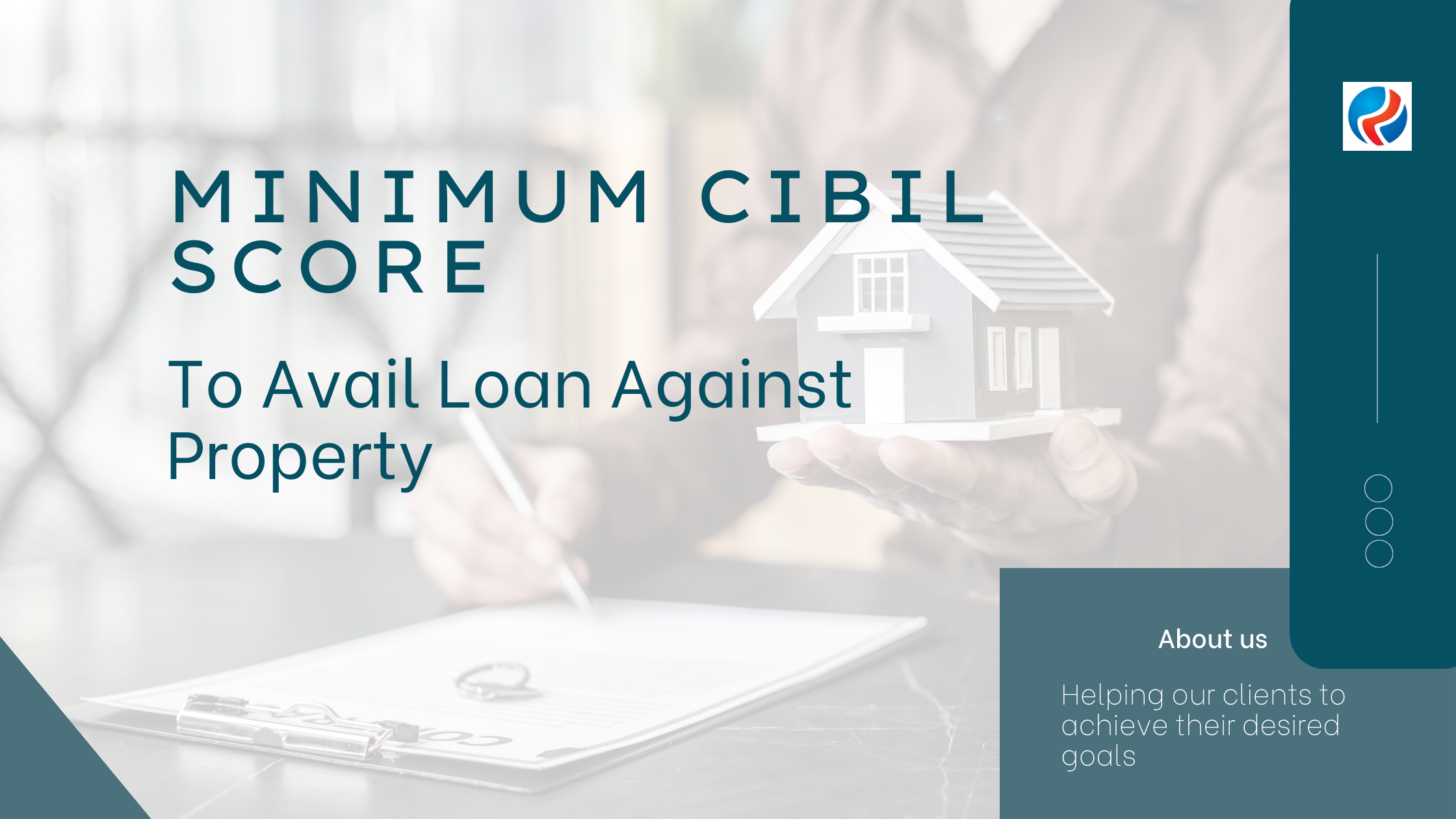Obtaining a loan against property requires satisfying multiple conditions, and one of the most significant among them is the CIBIL score. This three-digit number plays a crucial role in lenders determining your creditworthiness. But what’s the minimum CIBIL score needed for securing a loan against property? Let’s explore this in detail.
Understanding CIBIL Score
CIBIL (Credit Information Bureau (India) Limited) score, also known as the credit score, is a crucial measure that banks and financial institutions use to evaluate a potential borrower’s credit risk. This score ranges between 300 and 900, with a higher score indicating a lower risk profile, improving your chances of loan approval.
CIBIL Score Requirement for Loan Against Property
The CIBIL score required for a loan against property isn’t set in stone but varies among lenders. Some financial institutions might require a score of 700 or more for loan approval. However, others might be more flexible and consider scores less than 700, provided the borrower has other favourable factors like a steady income and a healthy debt-to-income ratio.
It’s important to remember that while a good CIBIL score can enhance your chances of loan approval, it doesn’t guarantee it. Hence, it’s advisable to consult with individual lenders to understand their specific CIBIL score requirements.
Other Factors Impacting Loan Approval
While a strong CIBIL score is a key influencer, lenders also consider other factors before deciding on loan approval. These include:
Your Income and Debt-to-Income Ratio
Your income and the proportion of your income going towards servicing existing debts are critical parameters lenders consider while approving your loan.
The Value of the Property
The property’s market value you plan to mortgage also influences the loan approval process, as it serves as collateral for your loan.
Your Employment History
A stable employment history reflects your financial stability, which reassures lenders about your loan repayment ability.
Your Credit History
Lenders evaluate your credit history, including your record of repaying previous loans and credit cards, before granting you a loan.
Conclusion
The minimum CIBIL score for a loan against property can vary across lenders and is one of the many factors affecting loan approval. As such, maintaining a strong CIBIL score, combined with other positive financial behaviours, can aid your quest in securing a loan against property.
FAQs
1. What is the minimum CIBIL score required for a loan against property?
While the required CIBIL score may vary across lenders, a score of 700 or more is generally preferred for a loan against property.
2. Can I get a loan against a property with a CIBIL score below 700?
Yes, some lenders may approve your loan application with a score less than 700 if you have a steady income, a low debt-to-income ratio, and a good repayment history.
3. Do other factors apart from CIBIL score influence loan approval?
Yes, factors like your income, debt-to-income ratio, the property’s value, employment history, and credit history are also considered during loan approval.
Key Takeaways
A good CIBIL score, ideally 700 or above, enhances your chances of securing a loan against property. However, other factors like income, debt-to-income ratio, employment history, and credit history are also vital. It’s beneficial to communicate with your potential lender about their specific CIBIL score requirements.
Start Your Loan Journey with Ruloans Today
Ready to apply for a loan against property? Start your loan application with Ruloans today. Our team is committed to guiding you at every step, ensuring a smooth loan application process. Apply now!
